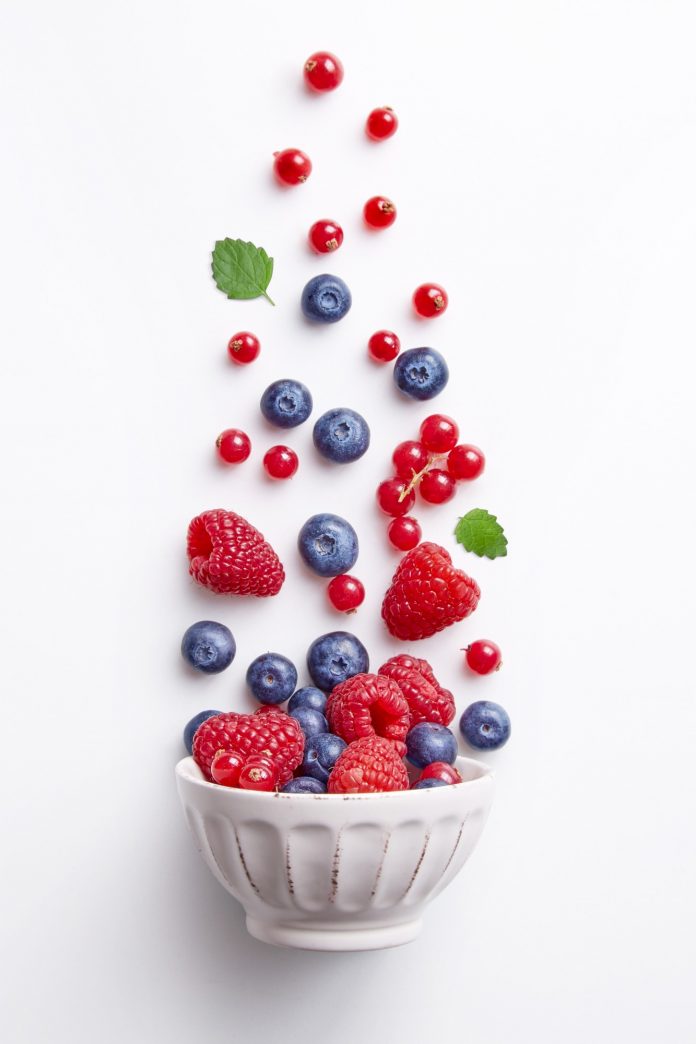A new study by Edith Cowan University (ECU) published in the Journal of Clinical Endocrinology and Metabolism, reveals that eating at least two serves of fruit per day has been linked with 36% lower odds of developing type 2 diabetes mellitus (T2DM).
The researchers found that study participants who consumed at least two serves of fruit daily had high measures of insulin sensitivity than those who ate less than half a serving per day.
“We found an association between fruit intake and markers of insulin sensitivity, suggesting that people who consumed more fruit had to produce less insulin to lower their blood glucose levels,” says the study’s lead author, Dr Nicola Bondonno from ECU’s Institute for Nutrition Research, adding that these findings offer fresh evidence for the health benefits of fruit.
“A healthy diet and lifestyle, which includes the consumption of whole fruits, is a great strategy to lower your risk of developing type 2 diabetes,” adds Dr Bondonno.
Fresh is best
The study examined data from 7,675 Australians participating in the Baker Heart and Diabetes Institute’s AusDiab Study and assessed fruit and fruit juice intake and the prevalence of diabetes after five years.
Dr Bondonno says that while benefits were seen with fresh fruit intake, the study did not observe the same beneficial relationship for fruit juice.
“Higher insulin sensitivity and a lower risk of diabetes were only observed for people who consumed whole fruit, not fruit juice,” she says.
“This is likely because juice tends to be much higher in sugar and lower in fibre.”
Dr Bondonno adds that it’s still unclear exactly how fruit contributes to insulin sensitivity, but it is likely to be multifaceted.
“As well as being high in vitamins and minerals, fruits are a great source of phytochemicals, which may increase insulin sensitivity, and fibre, which helps regulate the release of sugar into the blood and also helps people feel fuller for longer,” she explains.
“Furthermore, most fruits typically have a low glycaemic index, which means the fruit’s sugar is digested and absorbed into the body more slowly.”
For more information and to read the research, visit: academic.oup.com/jcem/advance-article/doi/10.1210/clinem/dgab335/6290732








